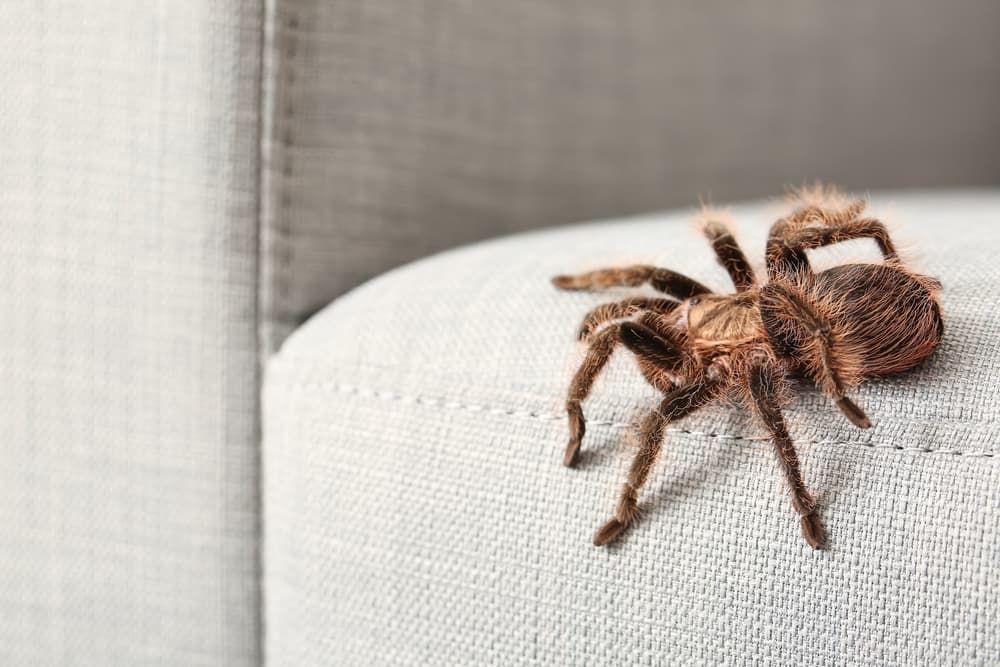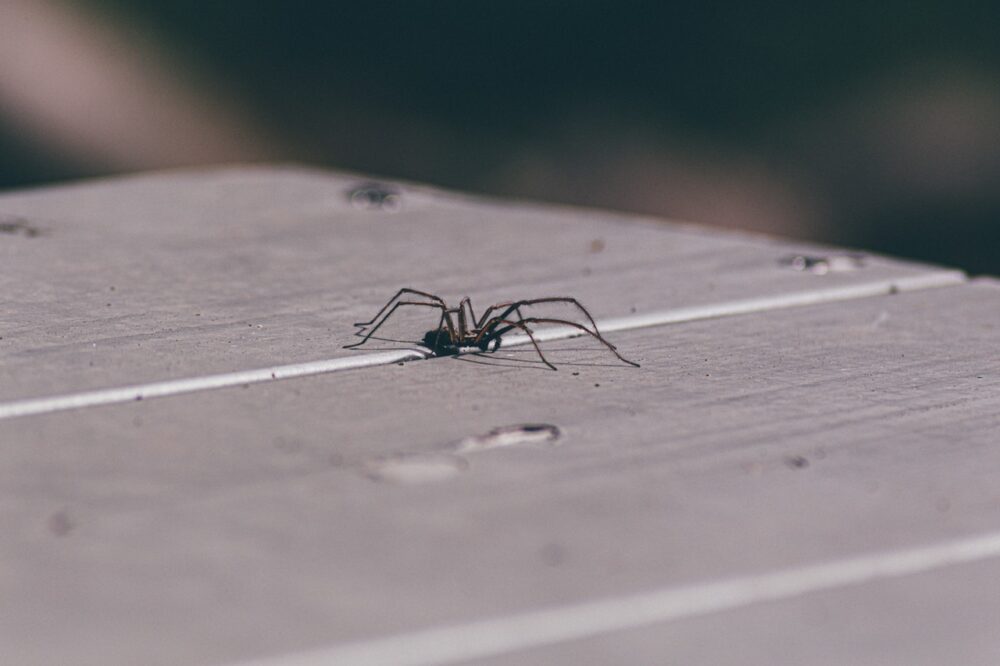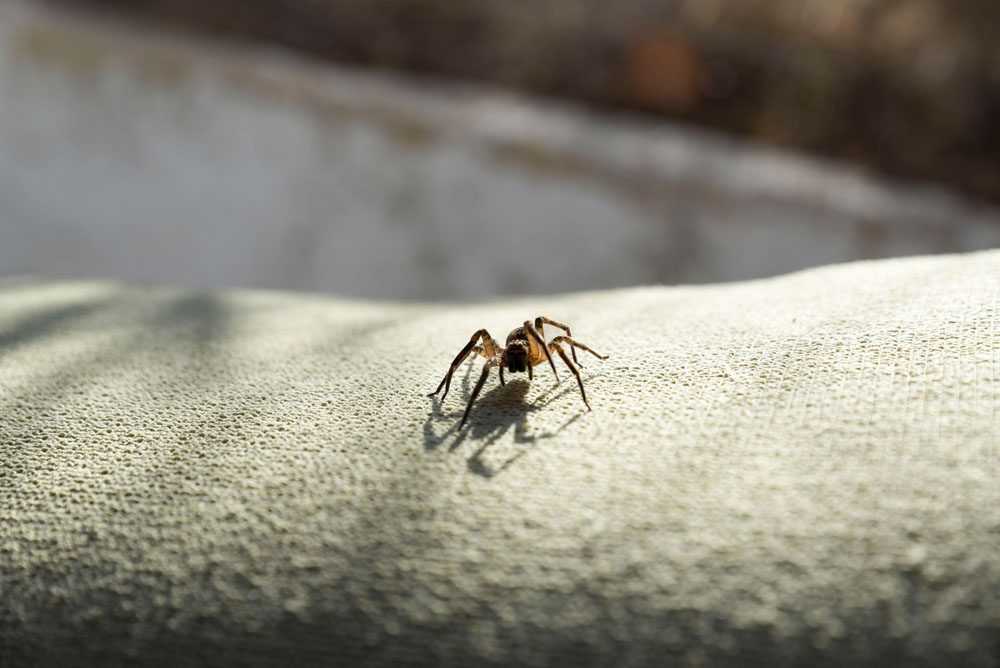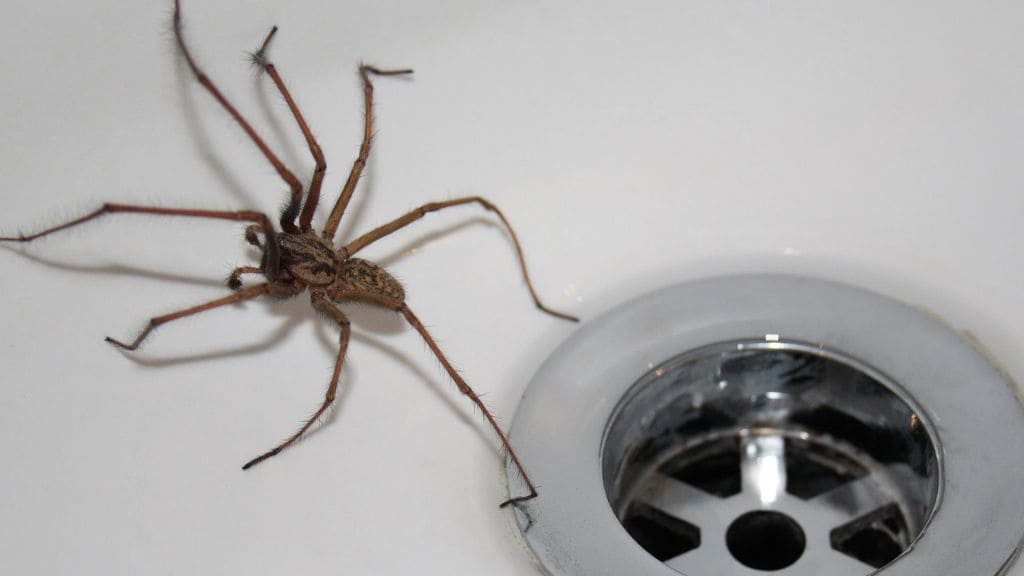Understanding Spider Behavior

Why Spiders Invade Your Space
Spiders are often misunderstood creatures. They typically invade homes in search of food, which usually consists of other insects. They are not inherently aggressive towards humans but are often found in areas with ample food sources and hiding spots.
Common Spider Species
- Black Widow – Recognizable by its glossy black body and red hourglass shape, this spider is notorious for its venomous bite.
- Brown Recluse – Known for its violin-shaped marking, the brown recluse can cause severe reactions with its bite.
- House Spider – Often found in corners and basements, this spider is less dangerous but can still be a nuisance.
Natural Spider Repellents

Essential Oils
Peppermint Oil
Peppermint oil is one of the most popular natural spider repellents. Its strong scent is believed to repel spiders and other insects.
- How to Use: Mix 10-15 drops of peppermint oil with water in a spray bottle and apply it around entry points and potential spider habitats.
- Effectiveness: While peppermint oil can deter spiders, it usually needs frequent reapplication and may not be effective for severe infestations.
Lavender Oil
Lavender oil is another commonly used essential oil for spider control. Its pleasant fragrance is said to be unappealing to spiders.
- How to Use: Similar to peppermint oil, lavender oil can be mixed with water and sprayed around the home.
- Effectiveness: Lavender oil is generally less potent than peppermint oil but can be effective in small doses.
Cedar and Cinnamon
Cedar
Cedar blocks or shavings are often used to repel spiders. The strong scent of cedar is believed to keep spiders away.
- How to Use: Place cedar blocks or shavings in closets, corners, and other areas where spiders might hide.
- Effectiveness: Cedar can be somewhat effective but may not be a long-term solution. The scent diminishes over time and needs to be refreshed.
Cinnamon
Cinnamon is another natural substance that some people use to deter spiders. Its strong odor is thought to repel them.
- How to Use: Sprinkle ground cinnamon in areas where spiders are commonly seen.
- Effectiveness: Like cedar, cinnamon’s effectiveness can be limited and requires regular application.
Horse Chestnuts
Horse chestnuts, also known as conkers, are a traditional remedy for spider control.
- How to Use: Place whole horse chestnuts in areas where spiders are likely to enter or hide.
- Effectiveness: There is limited scientific evidence supporting the effectiveness of horse chestnuts, but they are commonly used in folklore.
Chemical Spider Repellents

Pyrethrin-Based Products
Pyrethrins are natural insecticides derived from chrysanthemum flowers. They are commonly used in spider repellents.
- How to Use: Follow the instructions on the product label, typically involving spraying around entry points and spider habitats.
- Effectiveness: Pyrethrins can be effective but may require multiple applications and are less effective against spiders with established nests.
DEET
DEET is a common ingredient in insect repellents and can be used to repel spiders as well.
- How to Use: Apply DEET-based products directly to areas where spiders are a problem.
- Effectiveness: DEET is effective in repelling various insects and spiders but should be used with caution due to its strong chemical nature.
DIY Spider Repellent Solutions
:max_bytes(150000):strip_icc()/house-spider-floor-getty-0921-2000-5bf4e53714004c6da43a29d4807b33a9.jpg)
Homemade Vinegar Sprays
Vinegar is another household item that can be used as a spider repellent.
- How to Use: Mix equal parts of white vinegar and water in a spray bottle and apply it to areas where spiders are a concern.
- Effectiveness: Vinegar can be a useful deterrent but may need frequent reapplication and is generally less effective than chemical repellents.
DIY Essential Oil Blends
Combining various essential oils can enhance their spider-repelling properties.
- How to Use: Create a blend of peppermint, lavender, and eucalyptus oils mixed with water and spray around the home.
- Effectiveness: A well-crafted blend may offer improved results compared to single-oil solutions.
Environmental and Structural Control Methods

Reducing Spider Attractants
Declutter Your Home
Spiders thrive in cluttered environments where they can easily hide. Regularly decluttering your home can reduce spider habitats.
How to Implement: Keep storage areas, basements, and attics organized and free from excessive clutter.
Seal Entry Points
Spiders often enter homes through small cracks and openings.
How to Implement: Inspect and seal gaps around doors, windows, and foundations to prevent spider entry.
Outdoor Spider Control
Removing Debris
Outdoor debris such as wood piles and leaf litter can attract spiders.
How to Implement: Regularly remove and properly store outdoor debris to minimize spider habitats.
Reducing Outdoor Lighting
Artificial lighting attracts insects, which in turn attract spiders.
How to Implement: Use yellow or sodium vapor lights instead of white lights, and minimize outdoor lighting where possible.
Professional Pest Control Solutions

When to Call the Experts
For severe spider infestations, professional pest control services offer more effective and lasting solutions.
How to Implement: Contact a licensed pest control professional who can assess the infestation and apply targeted treatments.
Types of Professional Treatments
Insecticide Treatments
Professionals use advanced insecticides to target spiders and their nests.
How They Work: Treatments are applied to both indoor and outdoor areas to eliminate spiders and prevent future infestations.
Integrated Pest Management (IPM)
IPM combines various control methods, including environmental management and targeted treatments, to manage spider populations effectively.
How It Works: IPM focuses on long-term prevention and includes regular monitoring and adjustments based on the infestation’s status.
Frequently Asked Questions (FAQs) about Spider Repellents
1. Do natural spider repellents really work?
Natural spider repellents, such as essential oils (peppermint, lavender), cedar, and cinnamon, can offer some degree of spider deterrence. However, their effectiveness varies, and they often require frequent reapplication. For severe infestations, natural repellents might not be sufficient.
2. How often should I reapply natural spider repellents?
Natural spider repellents should generally be reapplied every 1-2 weeks, or more frequently if exposed to rain or heavy use. This regular application is necessary to maintain their effectiveness.
3. Are chemical spider repellents safe to use around pets and children?
Chemical spider repellents, including those containing DEET or pyrethrins, should be used with caution around pets and children. Follow all safety instructions on the product label and ensure that treated areas are well-ventilated and dry before allowing children or pets back into the area.
4. What are some effective DIY spider repellent solutions?
DIY solutions such as vinegar sprays or essential oil blends can be effective for minor spider issues. To make a vinegar spray, mix equal parts white vinegar and water in a spray bottle. For essential oil blends, combine peppermint, lavender, and eucalyptus oils with water and spray around the home.
5. How can I prevent spiders from entering my home?
To prevent spiders from entering your home, seal gaps around doors, windows, and foundations, keep your home clutter-free, and reduce outdoor lighting to minimize insect attraction. Regularly remove outdoor debris and store firewood away from the home.
Conclusion
Spider repellents come in many forms, from natural remedies to chemical solutions, each with varying degrees of effectiveness. Based on my extensive experience in pest control, it’s clear that while natural methods can offer some relief, they often fall short for severe infestations. For those dealing with persistent spider problems, professional treatments are usually the most reliable solution.
Choosing the right spider repellent depends on your specific situation, including the severity of the infestation, your environmental preferences, and your willingness to maintain ongoing treatments. By combining effective repellents with proper home maintenance, you can significantly reduce spider populations and enjoy a more comfortable, spider-free environment.

